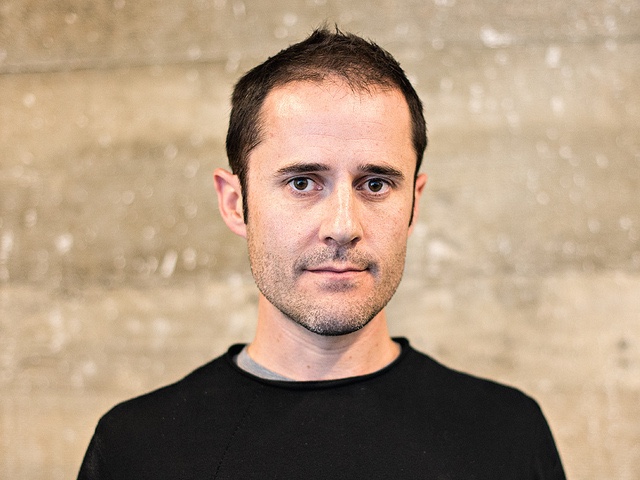“I stand before you as a failure,” was how I opened my presentation at the Talking Justice conference last weekend. “If I were giving this talk ten or fifteen years ago, I’d have described how the web and social media were going to usher in a new era of democracy and accountability.”
“Like most of the cyber utopians, I was very, very wrong.”
Basically we were wrong because we didn’t see how the internet would concentrate rather than diffuse power or the extent of how new gatekeepers and monopolies would be replaced the old ones.
My friends and I were not alone, in a somewhat rambling interview with the New York Times Twitter co-founder Evan Williams describes how “the internet is broken” and how he thought the messaging service could make the world better.
“I thought once everybody could speak freely and exchange information and ideas, the world is automatically going to be a better place,” Mr. Williams says. “I was wrong about that.”
Instead Twitter has become home to trolls, harassment and misinformation, something that saddens Williams and most of us who thought the web would bring about a more open and fair society.
Hope isn’t completely gone though, we are still in the early days of social media and the internet so the current trends may only be a transition effect as audiences, markets, regulators and the community get to grips with the new medium.
There’s also Amara’s law which states we overestimate the effect of a technology in the short run and underestimate the effect in the long run.
So it’s best to be a pessimistic optimist where one accepts in the short run things are dire but over time things will turn out well.
We can only hope.

Leave a Reply